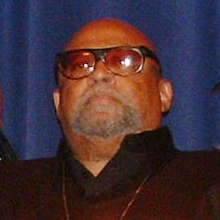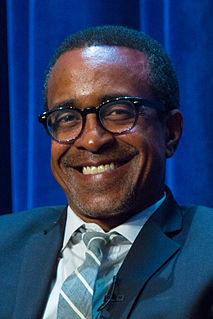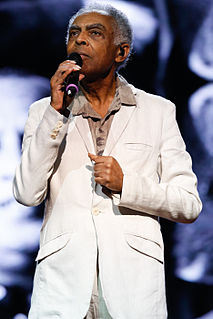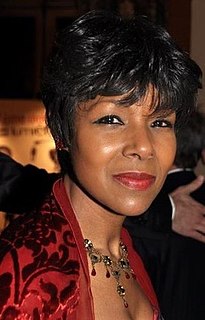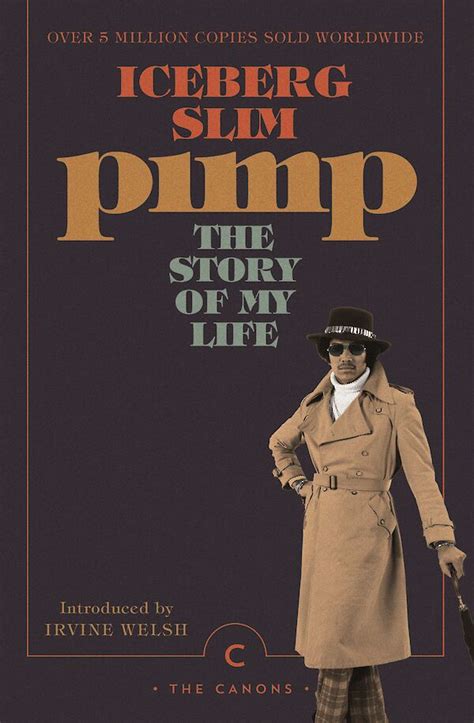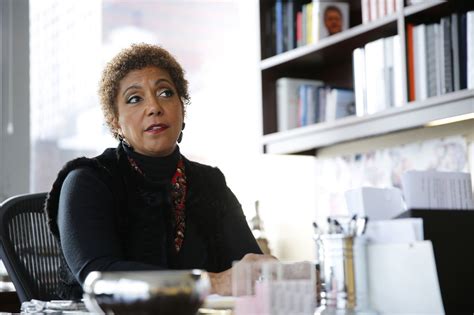A Quote by John Henrik Clarke
There has been a struggle to reclaim the African self. That struggle has been on the part of a minority of dedicated African-Americans who never gave up our African identity at no time during our stay here.
Related Quotes
I don't think there are any pure Africans of the African Americans, but the African part of our history was pretty much taken away from us during slavery, so the 60s gave us a chance, because of the civil rights movement, to kind of re-examine and make some sort of formal connection to our African-ness.
Writing has always been a serious business for me. I felt it was a moral obligation. A major concern of the time was the absence of the African voice. Being part of that dialogue meant not only sitting at the table but effectively telling the African story from an African perspective - in full earshot of the world.
I'm grateful to see my work flourish in my lifetime. Many of the great people in our history were not able to see how much their work, suffering and sacrifices enriched our lives and pushed our struggle forward. But I've been blessed to see my work begin in a family home, spread around the world and be embraced by millions of African people throughout the world African community.
Cultures, when they meet, influence one another, whether people like it or not. But Americans don't have any way of describing this secret that has been going on for more than two hundred years. The intermarriage of the Indian and the African in America, for example, has been constant and thorough. Colin Powell tells us in his autobiography that he is Scotch, Irish, African, Indian, and British, but all we hear is that he is African.
Sometimes, from outside, and from America especially, where the racial tension is so intense, you tend to understand Brazil as a kind of ideal situation, but it's not. There are a lot of problems. Historically, we have been in struggle, in real struggle to protect and defend the natural leaning towards absorbing the African and the Indian heritage that our society has.
When African-Americans come to France, the French show them more consideration than they would show an African or a Black Caribbean. When African-Americans come to France, the French people are like, 'Oh, wow. Oh my God.' But if it's an African, they're like, 'Whatever.' It's all because of the past, because of our history.
As far as being an African artist, my inspiration has been the fact that I'm a part of the generation that will put Nigerian African music on a global scale. It's been a long road for us, but I believe we're finally at that point where we can showcase our music to the world and get international recognition.
One of the things that made the Black Muslim movement grow was its emphasis upon things African. This was the secret to the growth of the Black Muslim movement. African blood, African origin, African culture, African ties. And you'd be surprised - we discovered that deep within the subconscious of the black man in this country, he is still more African than he is American.
In the industry, artists of of color struggle the most. Caucasian artists have really solidified themselves in the industry, and with African Americans now we see directors and producers who vow to only produce work that shines a light on African American artists. But everybody in the middle gets lost.
I can't deny that it will be a historic event for an African-American to become president. And should that happen, all Americans should be proud - not just African-Americans, but all Americans - that we have reached this point in our national history where such a thing could happen. It will also not only electrify our country, I think it'll electrify the world.




